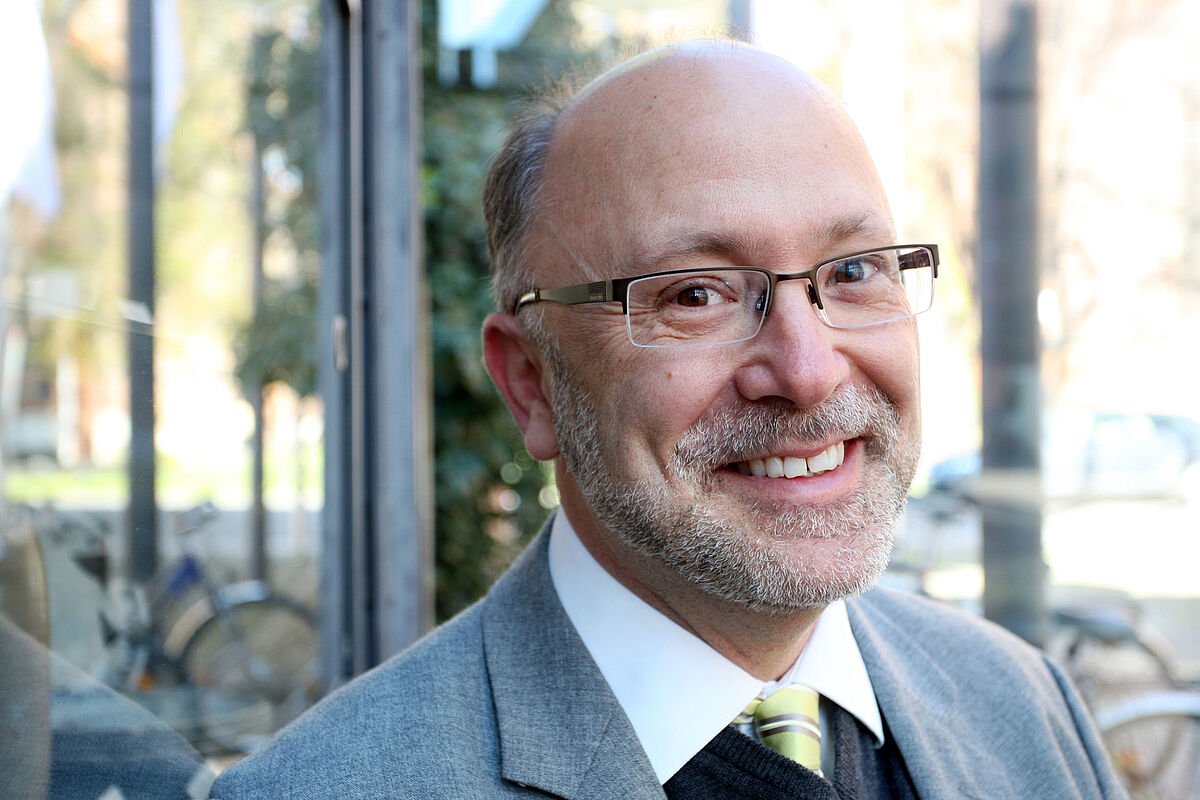
Professor Dr. Mark A. Meadow
Alfried Krupp Senior Fellow
- Geboren in Billings, Montana, USA
- Studium der Kunstgeschichte an der University of California, Berkeley
- Professor für Geschichte und Theorie von Museen und Sammlungen an der Universität Leiden (Niederlande) und Professor am Institut für Kunst- und Architekturgeschichte der University of California, Santa Barbara (USA)
Fellow-Projekt: "Microcosms: University Collections and the Invisible Economy of Knowledge"
As institutions that lay claim to the broadest possible range of disciplines, universities acquire, produce and collect things in vast numbers and in great variety. University-owned objects and collections are crucial to the core missions of the university — research and teaching — as well as the safeguarding of academic, cultural and scientific heritage, preserving institutional memory, providing outreach to the general public and servicing the economic and political sectors. Despite their critical centrality to the work of the university, surprisingly little is known about the phenomenon of university material collections (as distinguished from research done on artifacts in these collections) or about how material objects are used to produce, store and disseminate knowledge within the academy. Based on nearly ten years of research at the University of California and Leiden University, and now at Greifswald University, this project seeks to provide a framework for understanding the processes by which university collections come into being, continually transform, and shape, facilitate (and at times constrain) the current work of the university. The particular themes of this project are: the starting conditions of universities and their collections; university collections as an ‘invisible’ economy of knowledge; material collections, university disciplines and the multiplicity of value systems; cyclical disciplines and the rise and fall (and rise) of natural history collections; the relationship of university collections and public museums; and the implications of this research for university policy and planning.
